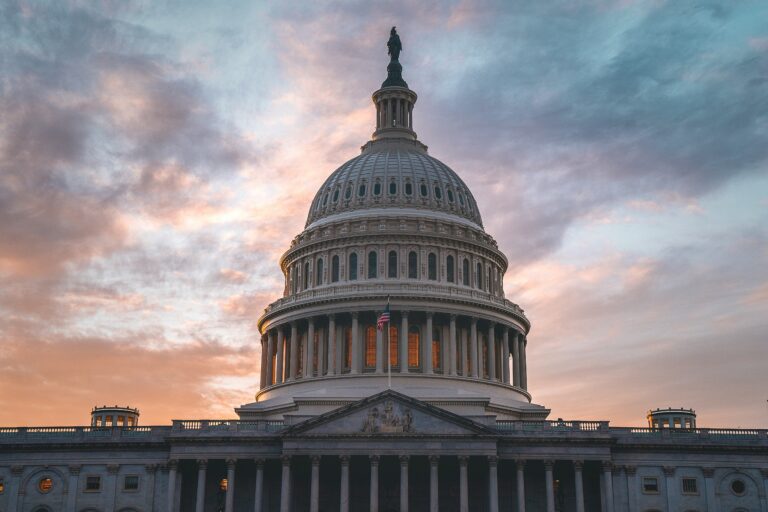The National Conference of State Legislatures (NCSL) convened a bipartisan task force of state legislators from over 30 states in Washington, D.C. to inform the development of a comprehensive report aimed at improving the value of higher education.
The report’s rollout featured a panel discussion with U.S. Under Secretary of Education James Kvaal, Mark Becker, President of the Association of Public Land-Grant Universities (APLU), Cheryl Oldham, Executive Vice President at the Bipartisan Policy Center (BPC), and task force co-chairs Sen. Briggs Hopson (MS) and Sen. Anne Millner (UT).
With student debt nearing $1.8 trillion and declining public confidence in higher education, the report highlights the urgent need for reform. Its recommendations emphasize collaboration between state governments, institutions, and federal partners, and it urges Congress to reauthorize the Higher Education Act.
Get the Details
- According to NCSL, the report represents the first truly bipartisan review of U.S. higher education in nearly 20 years.
- It addresses three main areas: trends in higher education policy and outcomes, the state-federal relationship in higher education, and a state-led strategy with over 30 actionable steps to increase the value of degrees.
The report also makes several specific recommendations, including:
- Streamlining degree completion: Institutions should make degree pathways easier to navigate, align course offerings with student schedules, and provide flexible options like online, self-paced courses to help working learners. Data from Ad Astra indicates 57% of learners are in degree pathways that are blocked due to scheduling gaps.
- Reconnecting adult learners: With 37 million adults holding some college credit but no degree, the report urges states and institutions to engage in targeted outreach to re-enroll these learners and offer financial support to help them complete their degrees. New Jersey, for example, has demonstrated the potential impact of these types of initiatives.
Why it matters: As college enrollment declines and concerns over affordability grow, the task force urges higher education to evolve to meet the needs of today’s students. The report emphasizes a federal role focused on supporting state goals, enhancing transparency, and holding institutions accountable, rather than expanding federal control over affordability.
Notable: The task force’s efforts were supported by ReUp Education and Stand Together Trust, both NCSL Foundation Supporters committed to improving higher education outcomes.
What’s next: The task force plans to continue its work, advocating for stronger coordination and collaboration between institutions, states, and the federal government to ensure more students earn valuable degrees.




